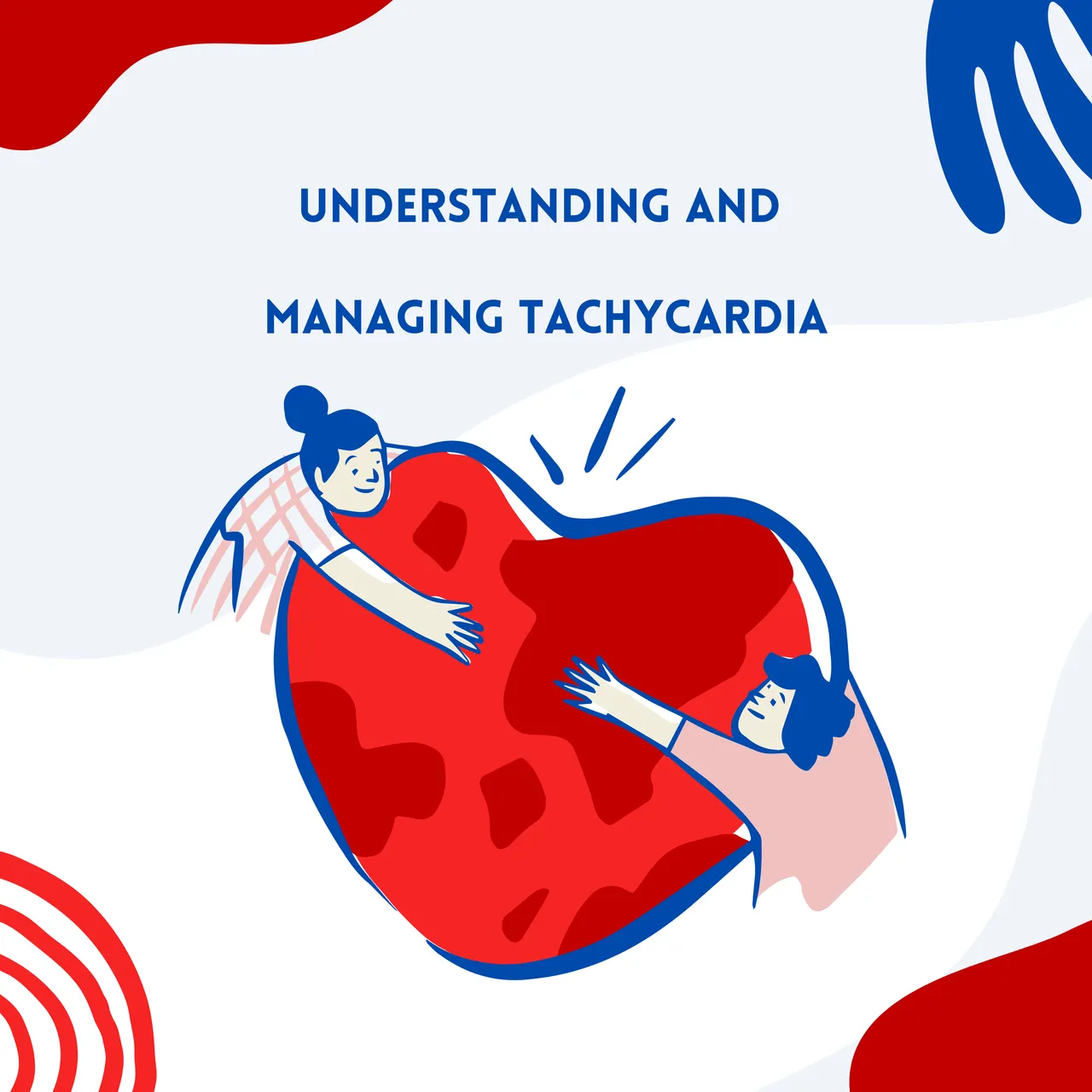
One word for a fast pulse is tachycardia; another is tachyarrhythmia. The patient's regular pulse remains at least 100 beats per minute even during rest. Generally speaking, a healthy adult's heart beats around 72 beats per minute.
While a quicker heart rate is normal, it can be unusually high during exercise, running, shock, under stress, or in cases of cardiac disease.
With tachycardia, however, the heart rate stays high even when the patient is not moving or engaging in unusual activity. This heart problem needs quick medical attention; otherwise, it might be fatal.
A human heart has four chambers overall: two lower chambers, the room, and the ventricles. The natural pacemaker in our right chamber is a sinus node. It controls the regulated hammering cost. To regulate the heart's rhythm, the sinus node sends electrical impulses to cardiac muscle cells.
The transmission of electrical impulses determines whether or not a person's heart rate rises or falls.Tachycardia is the rapid rise in heart rate followed by a prolonged high level. A faster heart rate mostly causes the heart to be deprived of enough time to completely fill the ventricles with blood, therefore distorting the blood flow to the whole body.
Investigating the reasons of anomalies in electrical signals is quite necessary. Many elements could be involved in this kind of problem.
A tachycardia-causing genetic anomaly could be anything from an aberration in the muscular components of the heart to an incorrect heart cut-off or even the growth of tumors or infections inside the heart.
Extended, intense physical exertion the body cannot readily manage can be one cause of tachycardia.
The complex nature of the medications used to treat several chronic conditions means that they can, for different reasons, start to compromise heart performance. Extended use of these drugs might cause the heart to malfunction and throw off the electrical signal rhythm, leading to tachycardia.
Clearly, consistent, long-term alcohol consumption compromises cardiovascular function.Apart from liver injury, several causes can lead to tachycardia.
The heart absorbs everything from acute emotional shocks to chronic stress and worry. Tachycardia and other heart problems can result from insomnia, low self-esteem, and depression, as well as from different elements.
Furthermore, linked to tachycardia are disorders including anemia, high or low blood pressure, and other medical problems. Moreover, connected to developing tachycardia is hyperthyroidism.
Among the several signs of drug abuse are those related to balance and mental health. Our hearts' functioning can be directly and greatly influenced. Strong narcotics like heroin can produce tachycardia and throw the heart's usual rhythm off.
There are a few indicators that can assist in diagnosing tachycardia, should someone be about to have or is now having.
One of the main tachycardia symptoms is often routinely finding oneself sprinting breathlessly for no apparent cause. These short breathing patterns make vibration also clearly evident to the person.
In tachycardia, one regulates a rapid heart rate. The heart instantly increases the pulse rate to fulfill the body's needs since it cannot pump enough blood in just one systole.
Low blood pressure indicates that the body is deprived of enough blood.
For some people, light upper-body pain could coincide with the above-listed symptoms. The discomfort originates from uneven conduction of electrical impulses over the bulk of the heart muscle.
One can also experience faintness or weakness all at once. Minor vertigo and fainting episodes are other possible side effects.
Extreme cases of cardiac arrest might arise from the heart rate approaching 400 beats per minute. Still, the probability of a heart attack is really modest.
Doctors can cure tachycardia and arrhythmia using several operations.
Doctors advise the client to engage in these natural behaviors on his initiative. Should you have upper chamber tachycardia, you could attempt coughing, pressure specific body parts, or place an ice bag on your facial muscles.
Sometimes, a little electrical shock can help restore an average heart rate. Cardioversion explains the method.
A catheter placed into the body and guided to the heart will treat tachycardia from an additional electrical nerve. This will stop the arrhythmia and eradicate the extra nerve.
Medications can also be quite beneficial, however the degree and origin of the tachycardia will define their effect. A doctor might give you medication to aid immediately if the circumstances are dire.
Should abnormal heartbeats arise, surgical intervention could be required. Among the several are the labyrinth operation, open heart surgery, and coronary bypass surgery.
Many different approaches can help one properly manage tachycardia:
